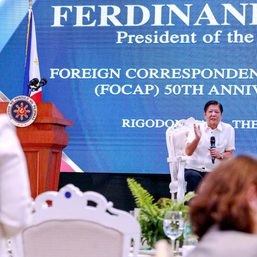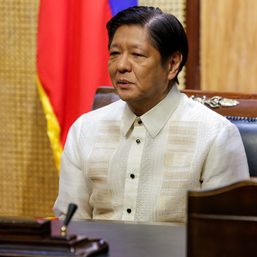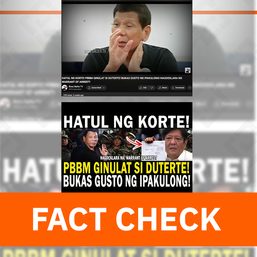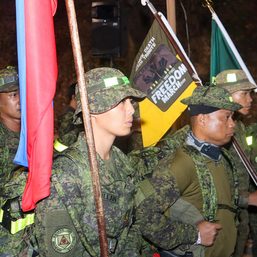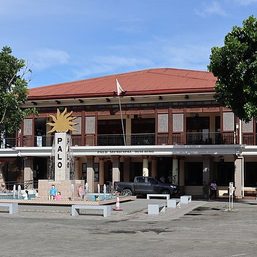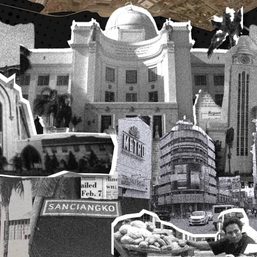Human rights violations and corruption during Ferdinand Marcos’ Martial Law in the Philippines are matters of fact – both historical and legal.
It started with the 1987 Constitution that paved the way for the Supreme Court to dismantle the draconian policies during the dictatorship, such as the feared Arrest, Search, and Seizure Orders (ASSOs).
Recovering from the corrupt practices was institutionalized through Corazon Aquino’s Executive Order No. 1, which created the Presidential Commission on Good Governance (PCGG), specifically tasked to recover Marcos’ ill-gotten wealth and to distribute them to victims, largely to farmers.
In 2003, the Supreme Court through Republic vs Sandiganbayan declared as ill-gotten Marcos’ Swiss deposits worth $658 million, and forfeited them to the government.
Reparation for the human rights abuses was cemented in law through Republic Act 10368, an unprecedented legislation both in the Philippines and Asia, which created the Human Rights Victims Claims Board.
President Rodrigo Duterte even signed Proclamation No. 319 in 2017, declaring September 21 the national day of protest. Duterte’s proclamation describes Marcos’ Martial Law “as a time attended by the commission of gross human rights violations, arbitrary state interventions, rampant corruption, and disregard of fundamental civil liberties.”
With all these enshrined in our laws and jurisprudence, why do some people still choose to forget?
On Tuesday, 8 pm, Rappler’s justice reporter Lian Buan talks to lawyers Raphael Pangalangan, Gemmo Fernandez, and Ross Tugade, authors of the paper “Marcosian Atrocities: Historical Revisionism and the Legal Constraints on Forgetting.”
In this paper, the authors propose the enactment of a memory law that would prohibit denying atrocities during Marcos’ Martial Law.
This paper was published in 2018 on the Asia-Pacific Journal on Human Rights and the Law, and was presented in 2017 during the 6th Biennial Conference of the Asian Society of International Law in Seoul, South Korea; and the International Conference on the Philippines Under Marcos at the Ateneo de Manila University.
Tune in 8 pm, September 21, to a simultaneous broadcast on Facebook, Youtube, and Twitter Spaces. It will also be an episode on the Law of Duterte Land podcast. – Rappler.com
How does this make you feel?

![[Just Saying] Marcos: A flat response, a missed opportunity](https://www.rappler.com/tachyon/2024/04/tl-marcos-flat-response-april-16-2024.jpg?resize=257%2C257&crop=277px%2C0px%2C720px%2C720px)
